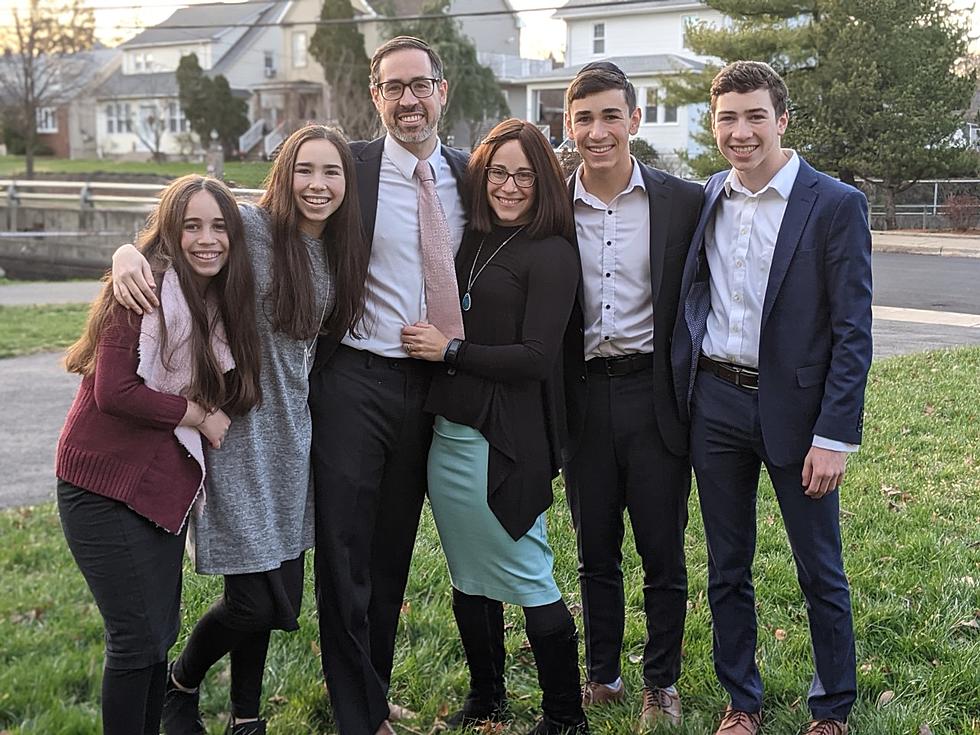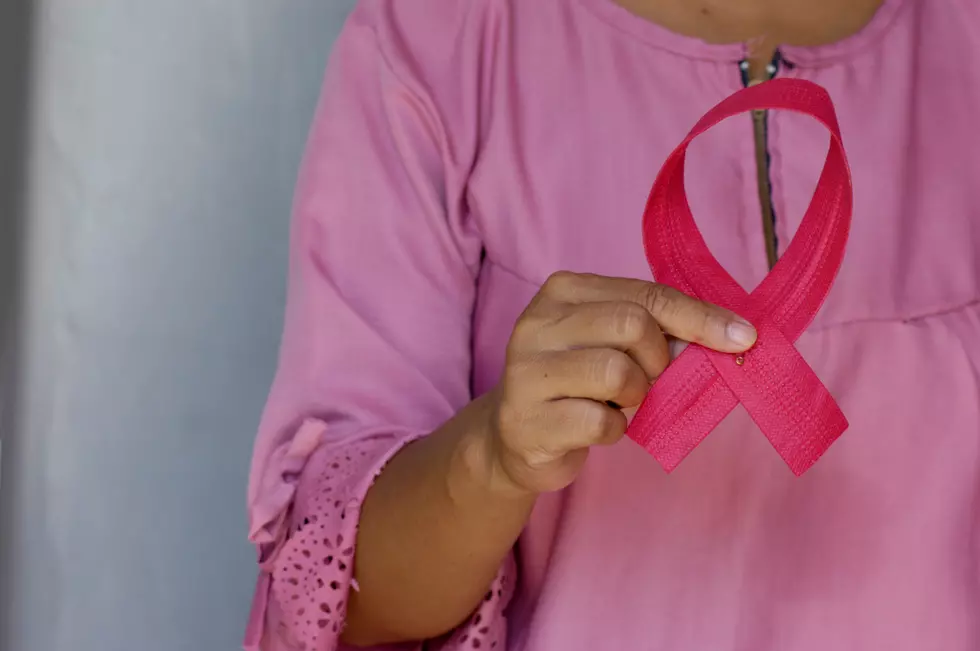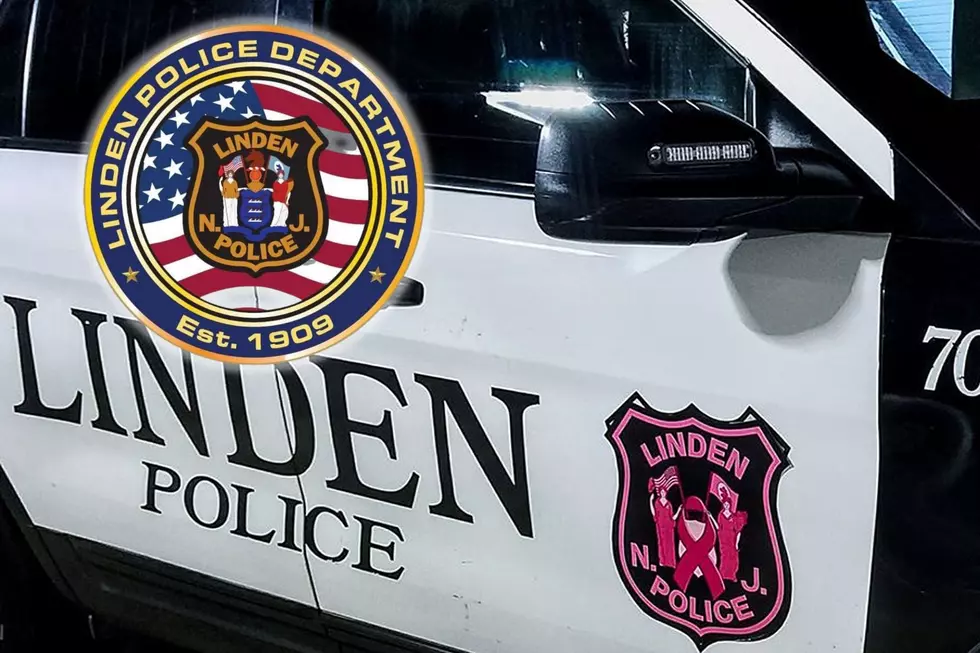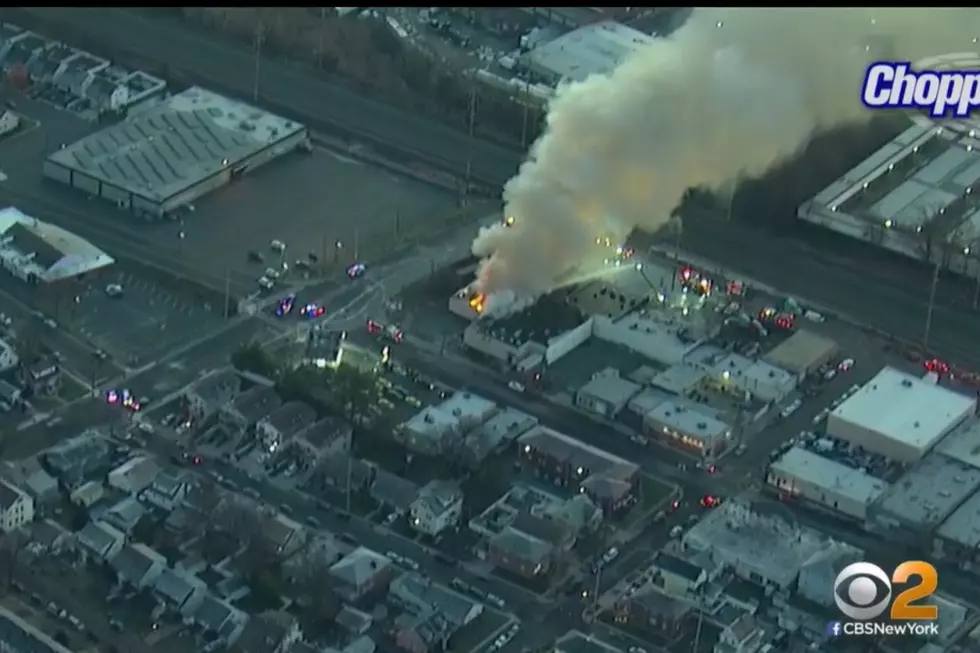
NJ woman donates kidney — so did her mom and sister
On any given day, thousands of people in New Jersey are waiting for a life-saving transplant, either from an organ donor who's passed away or someone who's still living and feeling very generous.
There's one family who's putting a dent in that waitlist all on their own — three members have already donated a kidney, and another member is in the process of becoming the fourth.
"I would do it again tomorrow if I was able to," Naava Hess, a resident of Linden, told New Jersey 101.5.
Hess is fully recovered from donating one of her kidneys in March to a complete stranger. To her own surprise, she wasn't nervous about the procedure or its immediate effects, and she felt no pain during her recovery period.
"I feel that God created our bodies with what you need, and sometimes spare parts," Hess said.
She was the third in her family to hand over a "spare" in the last year. Hess's twin sister donated a kidney last June, and her mother did the same in August.
"And my father is undergoing testing — if all goes well, he will donate in November," she said.
All four individuals signed up to be a living donor around the same time. As "universal donors," Hess's sister and mother were contacted almost immediately because a match was found among those in need of a functioning kidney.
"It's one thing to say you're going to do something, it's another thing to know you've done it," Hess said. "It feels even better to be on this side."
According to NJ Sharing Network, there are nearly 4,000 New Jersey residents currently waiting for a life-saving transplant, and one person in New Jersey dies every three days waiting for a transplant. Just one organ and tissue donor can save eight lives and enhance the lives of over 75 people, the network said.
Contact reporter Dino Flammia at dino.flammia@townsquaremedia.com.
NJ's most and least COVID vaccinated towns, by county
More From 94.3 The Point










